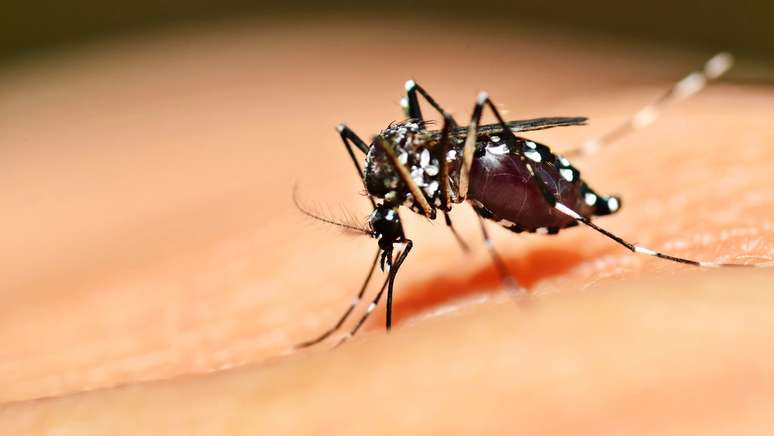This alarming number covers the period from January 1st to October 7th, highlighting the severity of the situation
The dengue scenario in Brazil has become increasingly worrying, especially with the significant increase in cases in recent years. Recently, 6.5 million probable cases of dengue have been reported in the country, as highlighted by the Ministry of Health’s Arbovirus Monitoring Panel. This alarming number covers the period from January 1 to October 7, 2024, highlighting the severity of the phenomenon. the situation.
Compared to 2023, the increase is significant, with cases exceeding the numbers recorded in the same period of the previous year by 400%. This translates into an incidence rate significantly higher than what the WHO considers indicative of an epidemic, i.e. 300 cases per 100,000 inhabitants.
The increase in dengue cases
Several factors help explain the increase in dengue cases in Brazil. The hot and humid climate, combined with the frequency of rainfall, guarantees ideal conditions for the proliferation of Aedes aegizi, mosquito that transmits the disease. Furthermore, the circulation of viral subtypes, such as types 3 and 4, which had not yet been widely spread, also contributed to the increase in cases.
The city of Sao Paulo, for example, accounts for 32.3% of the country’s dengue cases, which corresponds to 2.1 million cases. The high number of deaths and infections caused by previously less widespread viral types highlight the seriousness of the problem.
Public health specialists, such as infectious disease specialists Antonio Carlos Bandeirahighlight the need for more effective strategies to combat dengue. According to him, actions such as the use of larvicides and environmental protection have proven insufficient, making it necessary to use innovative technologies, such as genetically modified mosquitoes, to reduce the proliferation of the vector.
“This year we have had a high plateau for many months. It is not possible to predict whether this will happen again in the country,” he explains to Folha de São Paulo.
Andyane Tetila, president of the Infectious Diseases Society of Mato Grosso do Sul, underlines the importance of early awareness among the population to avoid the accumulation of water in domestic containers, as well as effective public campaigns and the method volbachia mosquito control.
The future of vaccination against the disease
Large-scale vaccination is seen as an essential strategy to control dengue. Currently, the implementation of vaccines against the disease is considered timid, but experts insist on speeding up the approval and distribution process of vaccines, such as the one developed by Butantan. The implementation of vaccination in the National Immunization Program calendar is considered essential.
Charlemagne Fortalezapresident of the Sociedade Paulista de Infectologia, notes that the current management is still recovering from the dismantling of disease control policies during previous administrations. Reconstructing epidemiological intelligence and intergovernmental agreements is crucial to avoid a significant number of cases in the future.
Source: Terra
Rose James is a Gossipify movie and series reviewer known for her in-depth analysis and unique perspective on the latest releases. With a background in film studies, she provides engaging and informative reviews, and keeps readers up to date with industry trends and emerging talents.






